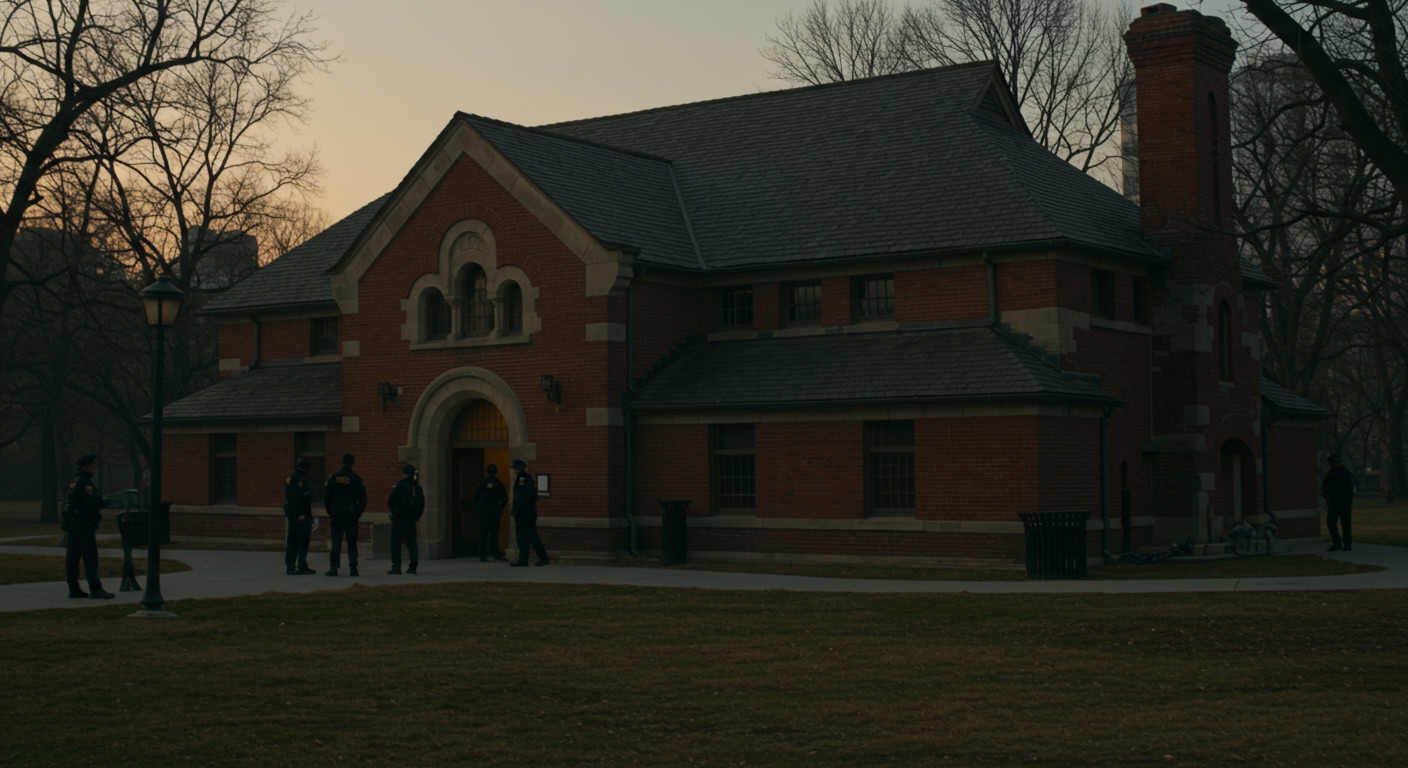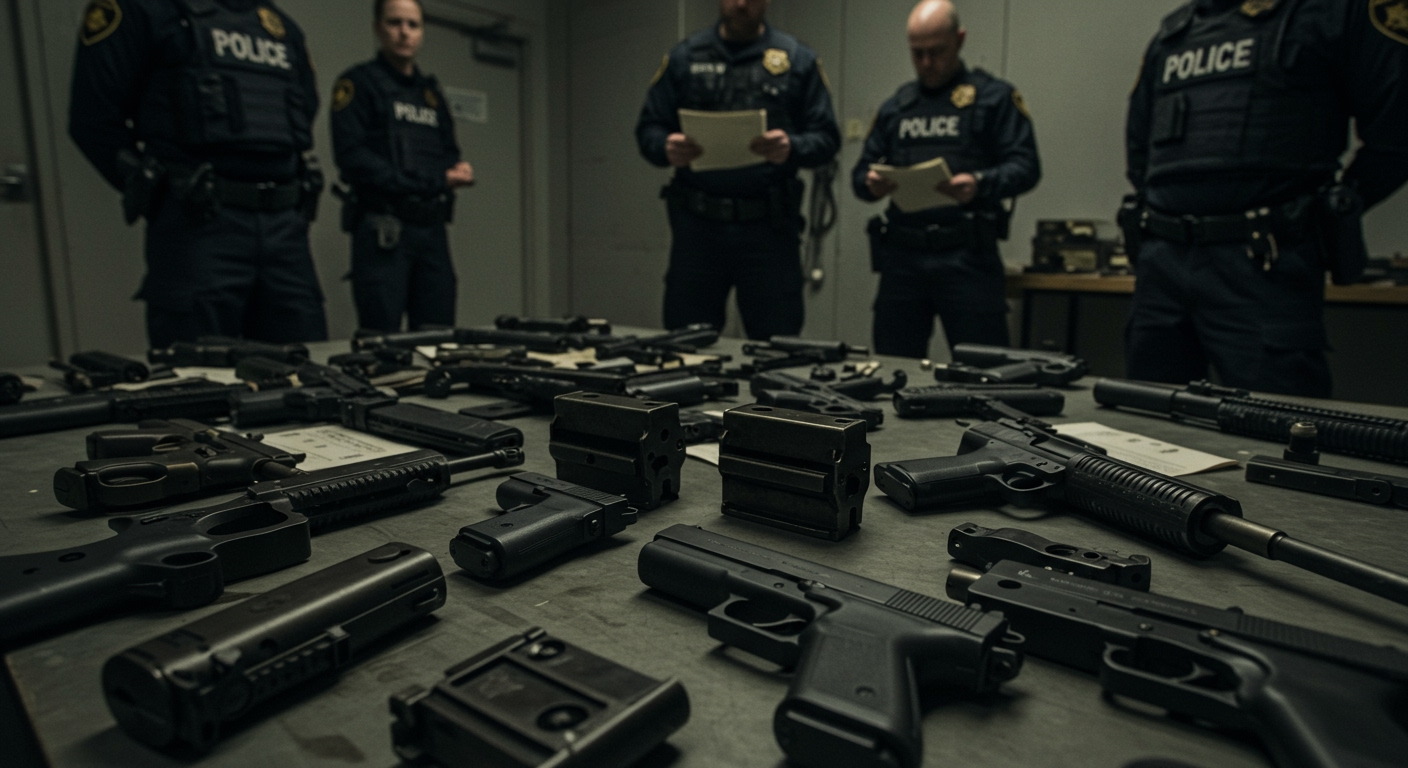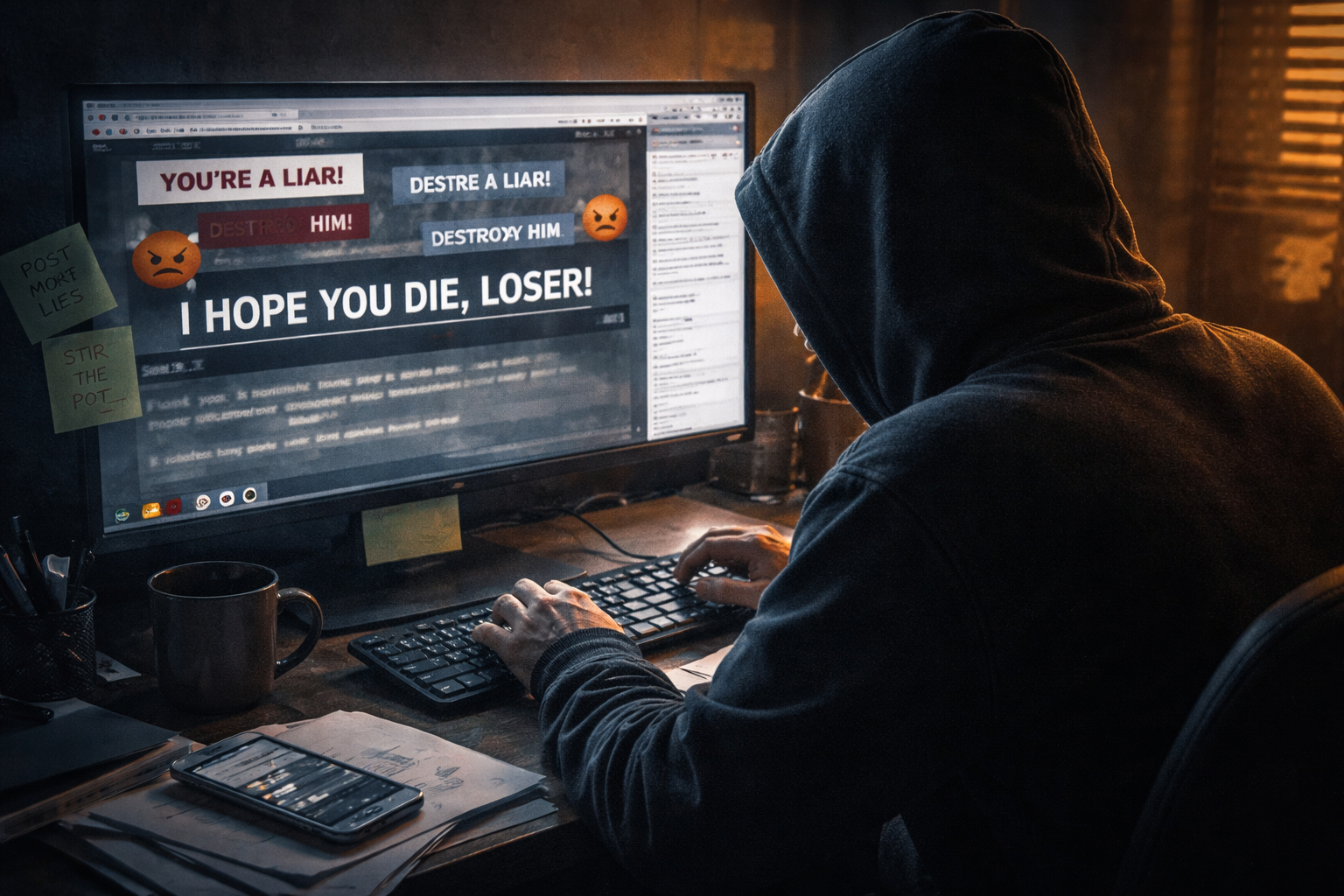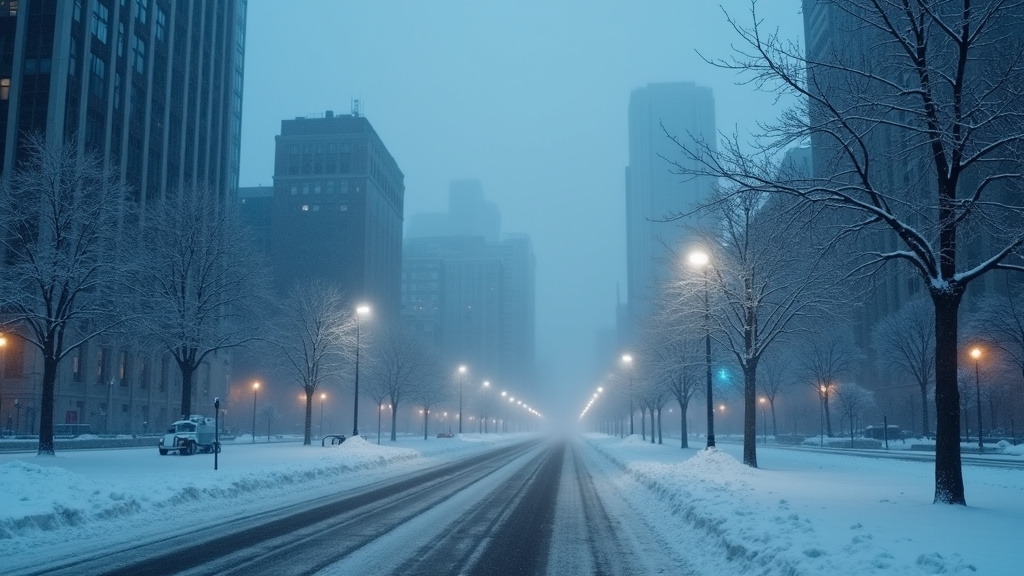The Chicago City Council failed to override Mayor Brandon Johnson’s veto of a proposal granting the Chicago Police Department (CPD) the authority to implement immediate city-wide curfews, a decision that will allow the first mayoral veto in nearly two decades to stand. The vote on July 16, 2025, saw the council fall short of the required number of votes to overturn the mayor’s action. The proposed measure would have empowered the CPD to declare curfews across Chicago with a mere 30 minutes’ notice, a power that Mayor Johnson opposed. The initial vote on the measure occurred on June 18, with the council voting 27-22 in favor of the initiative. This vote then prompted the need for the recent override attempt, which ultimately failed. The outcome of the vote preserves the mayor’s veto.
Mayor’s Rationale
Mayor Johnson cited concerns about the measure’s constitutionality as a primary reason for his veto. He also expressed skepticism regarding the effectiveness of expanded curfews in curbing youth violence, suggesting that such measures would not necessarily prevent the escalation of teen “trends” or “takeovers” into violent incidents. The mayor’s stance reflects a broader debate about the efficacy of curfews as a tool for crime prevention and community safety. The decision highlights the mayor’s perspective that alternative strategies, such as community outreach and violence interruption programs, may be more effective in addressing the root causes of violence. His skepticism underscores the complexities involved in balancing public safety concerns with individual liberties and the potential for such measures to disproportionately affect certain communities.
Declining Violence and Concerns
The Mayor’s opposition was bolstered by the recent decline in the city’s homicide and shooting rates. Data from the Chicago Police Department indicated a 30% decrease in both homicides and shootings through the end of June, compared to the same period in 2024. This positive trend provided further support for the mayor’s argument that the proposed curfew measure was unnecessary. Proponents of the measure argued that curfews could serve as a deterrent to gatherings and help to reduce the opportunities for violence to occur. The decline in violence, however, lessened the perceived need for the curfew measures.
Council Members’ Actions
Several council members took notable actions related to the legislation. Alderman Emma Mitts of the 37th Ward did not cast a vote during the initial June 18th vote. However, she voted in favor of overriding the mayoral veto. Alderman Anthony Beale of the 9th Ward was absent for the override vote but received special permission to have his vote in favor of overriding the veto added to the official tally. These actions highlight the differing perspectives within the City Council on the issue of curfew powers and the balance between public safety measures and individual rights. The fact that the override attempt failed indicates a lack of consensus among council members on the need for the measure and on the mayor’s concerns.
Background and Context
The debate over the curfew measure took place against a backdrop of ongoing efforts to address youth violence in Chicago. The last violent mass gathering of teens occurred in March, highlighting the city’s recent history of managing such events. The proposed legislation sought to provide the CPD with additional tools to manage potential incidents, while the Mayor and others expressed reservations. The measure’s failure to pass signals the city’s commitment to maintaining the checks and balances within local government. The implications of the decision are far-reaching, affecting the CPD’s operational capabilities and the city’s broader approach to public safety strategies. The long-term effects of the decision remain to be seen. The mayor’s veto also serves as a precedent for future debates on public safety and community oversight, shaping the city’s approach to addressing crime and violence. The debate illustrates the ongoing tension between addressing immediate safety concerns and protecting individual rights and civil liberties.














